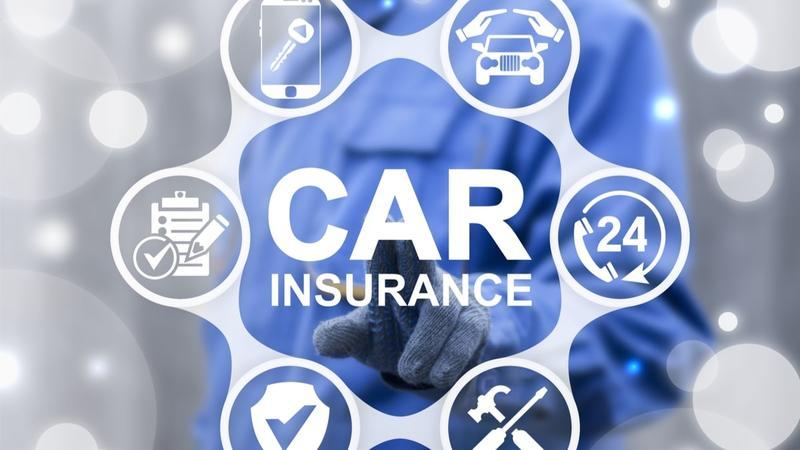Car insurance is required by law across Canada, so most people are careful about keeping it in force at all times. Still, sometimes things happen: you forget to make your payment, change bank accounts and miss an automatic payment – and find yourself with a cancellation notice in hand. Even when it’s an honest mistake, there are a number of ways a lapse in your coverage could hurt you, both now and in the future.
Shopping Around for Car Insurance
If you find that you are having trouble paying your bill, you may decide to shop around to see if you can get a better rate. Be sure to start this process before you miss payments and definitely before you are cancelled.
While a missed payment on your current policy probably won’t fall under the new company’s radar, they will want to know how long you have had continuous coverage. A current or past cancellation puts a gap in that coverage, which may have an impact on the rates the company can offer you.
The worst thing you can do is to wait until you are cancelled to seek out a better rate. Shop around for car insurance quotes while you are still current, and take advantage of the lower rates your good insurance record can get you.
Some insurance companies won’t take on someone who has been cancelled for non-payment, while others will treat them as a driver who does not have previous insurance, thus offering higher rates.
Missing a Payment
If you are on a monthly plan, you may occasionally miss a payment or pay it late. Depending on your circumstances, this likely isn’t a problem as long as you pay it as soon as you realize the error and don’t go into a second month. Many insurance companies bill out a month in advance. This means that each bill you pay is for the following one, not the current one. You usually have a little leeway in your payments that prevents one missed payment from leaving you uninsured.
Missing more than one payment or failing to pay a bill that is due in full on time can potentially have bigger consequences. You may receive a cancellation notice. A cancellation notice is sent by registered mail. According to the policy conditions in Ontario and most of the country, the insurance company will cancel your policy effective on the 15th day after they give you notice. If you receive a registered letter of cancellation, you must pay what is owed within those 15 days otherwise you policy will be cancelled.
Cancellation of Your Policy
If your policy is actually cancelled for non-payment, you are uninsured as of the date the cancellation is effective. If you have an accident after your policy is cancelled your insurance company is under no obligation to provide you with coverage. You will be completely responsible for any financial obligations, including all property damage and injuries.
If you have been cancelled for non-payment, you can usually be reinstated easily by paying what you owe within the 15 days allowed.
Avoiding cancellation is the best policy; as soon as you receive notice of a missed payment, you should bring it current. If you are having trouble paying your bills, it’s best to talk to your agent about how to reduce the premiums before a payment is missed.
The Cost of Cancellation
In most cases a missed payment will cost you only a late fee at most, as long as you pay it right away. If you pick up a new insurance policy before paying it, remember that you will still have to pay what is owed for the time you were covered. This is called earned premium. The insurance company can bill you for each day you were covered without paying.
This means that you can’t simply move on and leave the unpaid bill behind. Unpaid bills that go to a collection agency will soon catch up with you in another way: on your credit. This in turn can even affect your insurance rates down the line.
Of course, the worst possible case is to be involved in an at-fault accident while uninsured. But there are other risks as well. If you are unable to prove you have current coverage to law enforcement when asked, you could face a violation and fine – and that ticket will cost you on your premiums as well.
Keeping your insurance current and continuous is simply a good idea at all times. Don’t miss payments; shop around early if you need a better rate. And whatever you do, don’t drive while your insurance is not in force.
